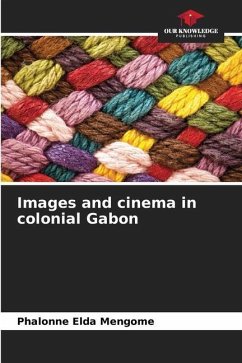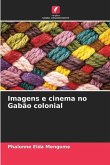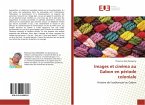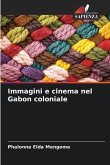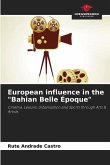Today, cinema is considered an essential art form. It has many virtues, the main ones being to inform, educate, transmit and entertain. Most people find refuge in what is known as the seventh art. It's an art form that's quite sensitive, because it's the one that's closest to the people and the most accessible. During the colonial period, cinema was used by the colonisers for various reasons. As the telephone was not yet accessible to everyone, it was certainly the most effective means of communication and information at the end of the 19th century. The images filmed in Gabon at that time have documentary value and are a major contribution to the history of audiovisual, cultural and social history. This book offers an organised analysis of the various films, with a view to identifying how the images were taken? By whom? For whom? For what purpose? What was filmed? At what period? These are just some of the questions that guided our research and helped us put the finishing touchesto this book.
Bitte wählen Sie Ihr Anliegen aus.
Rechnungen
Retourenschein anfordern
Bestellstatus
Storno

